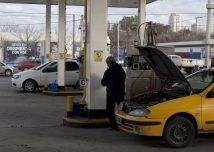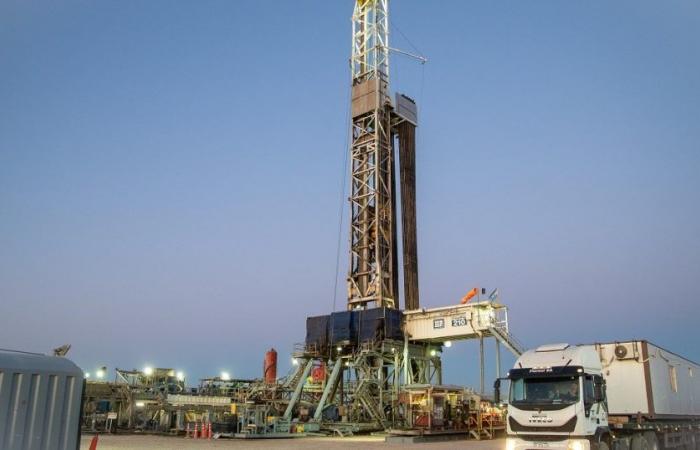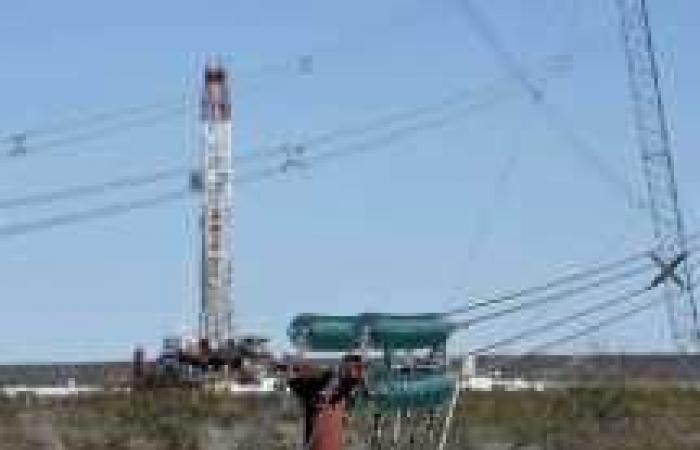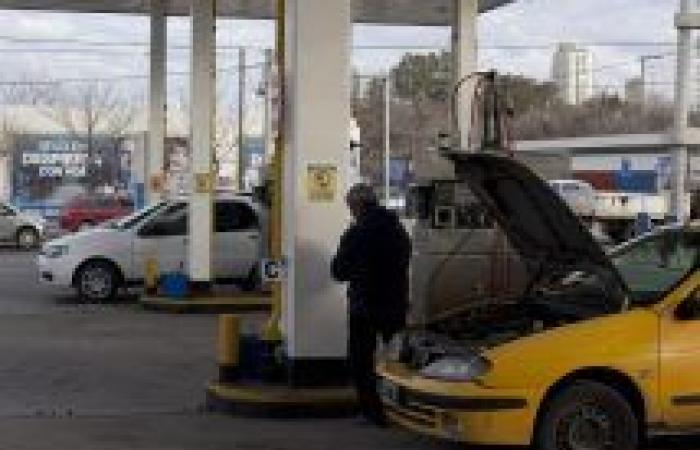The Hydrocarbons, Energy and Communications Commission (J) received two reports sent by the Ministry of Energy and Natural Resources referring to the projects that promote the energy transition in oil activity and the creation of an Observatory of Neuquén added value in said industry. The body chaired by deputy Damian Canuto (PRO-NCN) functioned in a minority.
The report linked to the incentive for the energy transition, aimed at reducing carbon dioxide emissions by replacing the use of liquid fuel with natural gas, suggests collecting data and statistics “to then implement actions with measurable and achievable goals.”
Recommends statistical analysis of feasibility based on the infrastructure conditions of the companies prior to the migration of the source.
The author of the proposal, Darío Martínez (UxP) insisted on the need to encourage use of gas fuel not only for environmental issues but fundamentally because Neuquén has the resource.
Only one team uses the gas
He reported that Only one of the ten fracturing companies does it with gas machinery but did not foresee any complexities in the transition which, he suggests, be carried out in the long term over a period of seven years.
At the suggestion of the head of the body, the Argentine Institute of Oil and Gas -IAPG- will be consulted to issue a “technical consideration” of the viability of replacing diesel with natural gas or its liquefied or compressed variants.
Likewise, the plenary session took note of the report submitted by the Provincial Directorate of Energy Projects, which lists a series of suggestions, mainly of form, on the project called Neuquén Added Value in the hydrocarbon industry, also powered by the UxP block.
Both projects will remain in committee for analysis.
The initiative of Martínez transition sets a period of seven years for companies to stop using fracturers ipowered by liquid fuel and replace them with engines that run on gas.
This is a transition plan that allows reducing emissions of Carbon dioxide (CO2), nitrogen oxides (NOx)sulfur dioxide (SO2), methane (CH4), solid particles and other polluting gases generated by the use of diesel.
“We want companies to convert fracturing engines from diesel to gas and thus reduce the emissions that companies generate when operating in Vaca Muerta,” he said. On average, fractures demand 12 million liters of diesel per year.
The legislator highlighted the need to promote regulations that reverse this trend and sponsor the conversion of gas engines, iA consumption that reduces the emission of carbon dioxide into the atmosphere by between 20 and 45%, among other benefits. It was also considered an additional benefit to be able to use the same energy as a source of energy. gas obtained in those wells in which its extraction is associated with that of oil.









